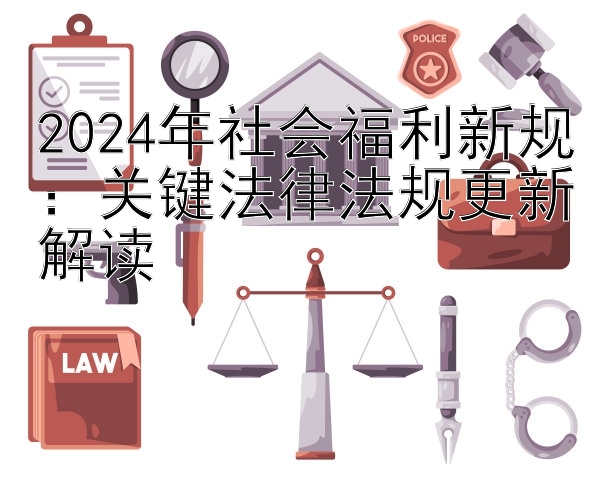退役军人创业支持:法律法规全解析与政策指南
导读退役军人在社会中扮演着特殊的角色,他们为国家和人民的安全做出了巨大贡献。随着社会的进步和发展,越来越多的国家开始重视并采取措施支持退役军人创业,以帮助他们顺利过渡到 civilian life and contribute to the economy. This article provides ......
退役军人在社会中扮演着特殊的角色,他们为国家和人民的安全做出了巨大贡献。随着社会的进步和发展,越来越多的国家开始重视并采取措施支持退役军人创业,以帮助他们顺利过渡到 civilian life and contribute to the economy. This article provides a comprehensive overview of the legal framework and policy guidelines that are in place to support veteran entrepreneurship, as well as relevant case studies for better understanding.
1. Legal Framework Supporting Veteran Entrepreneurship
A. Federal Laws
The Veterans' Business Opportunity Act (VBOA): Enacted in 1999, this act established the VetBiz Program which aims to provide preferential treatment to eligible service-disabled veterans or veteran small business concerns in federal contracting. The program is designed to help these businesses compete for government contracts by offering them set-aside opportunities and sole source awards.
Veterans Entrepreneurship and Small Business Development Act of 1999: This law created the Office of Veterans Business Development within the U.S. Department of Commerce's Minority Business Development Agency. The office works to promote the growth and development of veteran-owned small businesses through advocacy, outreach, and training programs.
B. State and Local Laws
Many states have their own laws and regulations aimed at supporting veteran entrepreneurs. These can include tax incentives, reduced fees for business licenses, and access to special financing programs. For example:
Case Study: In Texas, the "Texas Veterans Commission Fund for Veterans' Assistance" offers grants to assist veterans with starting or expanding a business. The fund helps veterans cover startup costs, purchase equipment, and obtain technical assistance.
2. Policy Guidelines and Initiatives
Governments around the world have implemented various policies to encourage veteran entrepreneurship. Some examples include:
A. Financial Support
Loan Programs: Many countries offer loan guarantees or low-interest loans specifically targeted towards veteran entrepreneurs. For instance, the United States has the Patriot Express Loan through the Small Business Administration (SBA), providing capital and resources tailored to meet the needs of military community members who want to start or expand a small business.
Grants: Governments may also provide direct financial assistance in the form of grants. In Australia, the "Supporting Younger Veterans Grant Program" offers funding to support activities that engage younger veterans in their communities, including entrepreneurial ventures.
B. Training and Education
Mentorship Programs: Organizations such as the U.K.'s Forces Enterprise Network connect experienced business mentors with former military personnel looking to start their own companies.
Educational Opportunities: In Canada, the Royal Canadian Legion offers scholarships and bursaries for veterans interested in pursuing higher education or vocational training related to entrepreneurship.
C. Networking and Resources
Business Incubators: Specialized incubator programs like the U.S. Department of Defense's HUBZone program designate certain geographic areas as "Historically Underutilized Business Zones," where veteran-owned small businesses can receive additional support and benefits if they operate in these zones.
Online Platforms: Websites and apps dedicated to connecting veteran entrepreneurs with potential customers, investors, and fellow veterans for collaboration and peer support are becoming increasingly common.
Conclusion
Retired soldiers face unique challenges when transitioning from active duty to civilian life, but many governments recognize the value of veteran-owned businesses in society. Through legislation and policy initiatives, nations worldwide strive to create an environment conducive to veteran entrepreneurship, providing economic opportunities while honoring the sacrifices made by those who served their country. By leveraging these resources, retired soldiers can turn their skills into successful enterprises, contributing significantly to their local economies and creating jobs for others.
热门标签



















